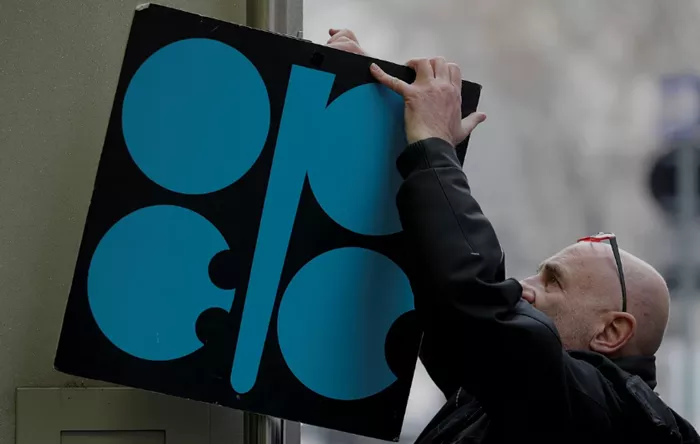The Organization of Petroleum Exporting Countries (OPEC) scaled back its crude oil output in March, reducing production by 110,000 barrels per day (bpd) to an average of 27.43 million bpd, according to a survey released Tuesday. The cut comes as the group enforces stricter compliance with its production quotas ahead of a scheduled increase in May.
Nigeria recorded the most significant decline, slashing output by 50,000 bpd to 1.5 million bpd. The reduction was partly attributed to a fire on the Trans-Niger Pipeline. Iraq, which has historically lagged in adhering to OPEC’s production limits, saw the second-largest drop, decreasing by 40,000 bpd to 4.15 million bpd—still above its quota of 4 million bpd.
In contrast, the United Arab Emirates (UAE) boosted production by 30,000 bpd to 3.33 million bpd, surpassing its assigned limit. However, OPEC’s internal figures indicate that both Iraq and the UAE remain largely compliant with production targets.
Meanwhile, analysts anticipate that the broader OPEC+ alliance will approve another production increase for May, following a 138,000 bpd hike in April. The group is expected to finalize the decision in a virtual meeting this week.

